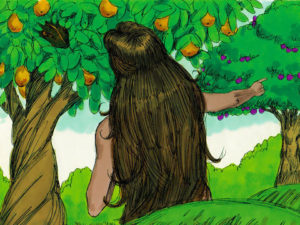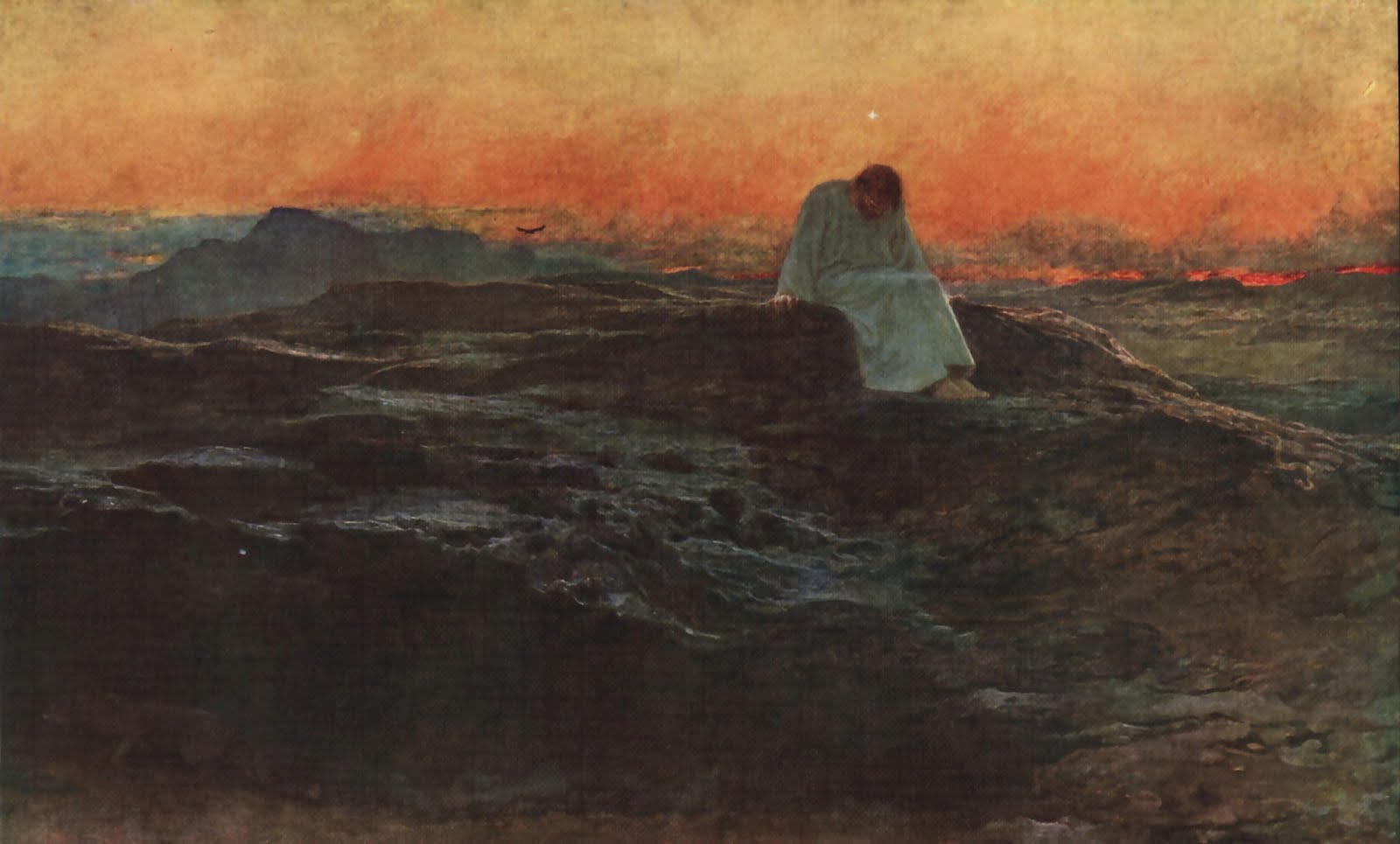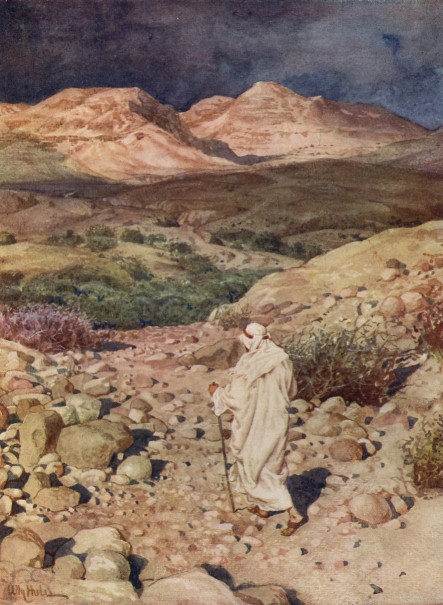It is recorded that Niels Bohr, a brilliant physicist told the no less brilliant Einstein : « Einstein, stop telling God what to do. »
It seems that we, human beings, often give in to the temptation of doing exactly that: telling God what to do!
We see the apostles doing this in today’s gospel (Luke 9:11-17).
 They tell Jesus:
They tell Jesus:
« Send the people away and they can go to the villages to find lodging and food.”
Had Jesus listened to the apostles, there would have been no multiplication of the loaves!
No anticipation of something more…
No sign of what was to come…
What we celebrate on today’s feast: Jesus giving us his own body and blood as food –
food permanently offered and always available to us…
It could be an interesting exercise – and quite a revelation –
To look at all those times when, in our life experiences – we told God what to do
and… he did not follow our suggestion or insistent request!
What did we not gain from his refusal to accept our advice!
Much to be thankful for… to this day!
Note: Another reflection is available on a different theme in French at: https://image-i-nations.com/fete-du-corps-et-du-sang-du-christ-annee-c-2022/
 The scene is well known to us: the apostles are caught up in a storm on the lake at nighttime.
The scene is well known to us: the apostles are caught up in a storm on the lake at nighttime. “The serpent said to the woman,
“The serpent said to the woman, 



 These items exert a strong pull on different objects and, as such, I find them an excellent example to illustrate what… temptation is!
These items exert a strong pull on different objects and, as such, I find them an excellent example to illustrate what… temptation is!
 “Share your bread with the hungry,
“Share your bread with the hungry,
 Sarcastic? Pessimistic? Not really, rather… realistic. Is it not true that every day brings its share of… yes, temptation?
But what is a temptation if not a test? A test of what I am, what I can do, what I can become.
Sarcastic? Pessimistic? Not really, rather… realistic. Is it not true that every day brings its share of… yes, temptation?
But what is a temptation if not a test? A test of what I am, what I can do, what I can become.